Best wireless security cameras: ensure peace of mind and safety
We've rounded up the best wireless security cameras for your property to ensure peace of mind and safety through effective monitoring.
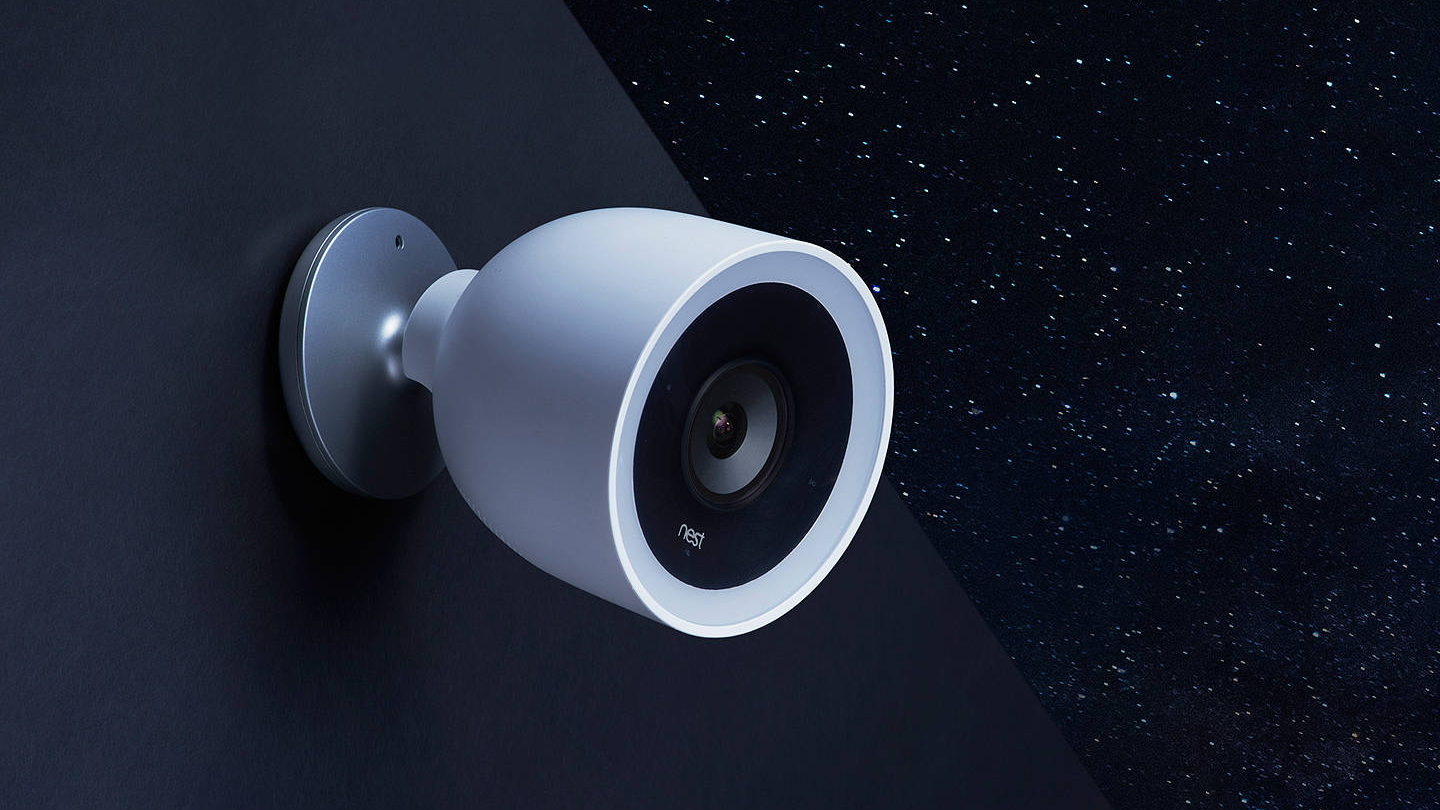
The best wireless security cameras need not be an expensive outlay reserved only for those who can afford an entire system, as they once were. Now, there are a host of brands competing for your attention—and pushing the price down—on individual cameras that work as part of wider systems that you can build up as needed. Home security can be tight, even if your budget is too.
If you have the freedom to add cameras all over your property, it's a good idea to start by thinking about how many you want to purchase initially, as you can get deals on packages. If it's just the one, then where do you want it? Does it need to come with a security light or siren option? Should it be smart-connected so you can view and control it from your smartphone?
Once you've narrowed down those details, you may want to consider quality, as a 1080p video will offer more resolution to zoom in than 720p. Night vision is also pretty standard now, although some also offer color night vision—ideal if you're using it a lot during the darker hours.
There are battery and mains-powered options, so it's worth considering if you want the easiest to install and don't mind charging the cameras or if you can wire it in and forget about power issues.
The best wireless security cameras we recommend
Why you can trust Top Ten Reviews
Our team has thoroughly reviewed the products featured in our buyer's guides. We strive to provide comprehensive and unbiased rankings based on our hands-on testing and expert research. Our evaluations consider top-rated brands and essential features to assist you in making informed purchasing decisions at the best value.
The best wireless security camera overall
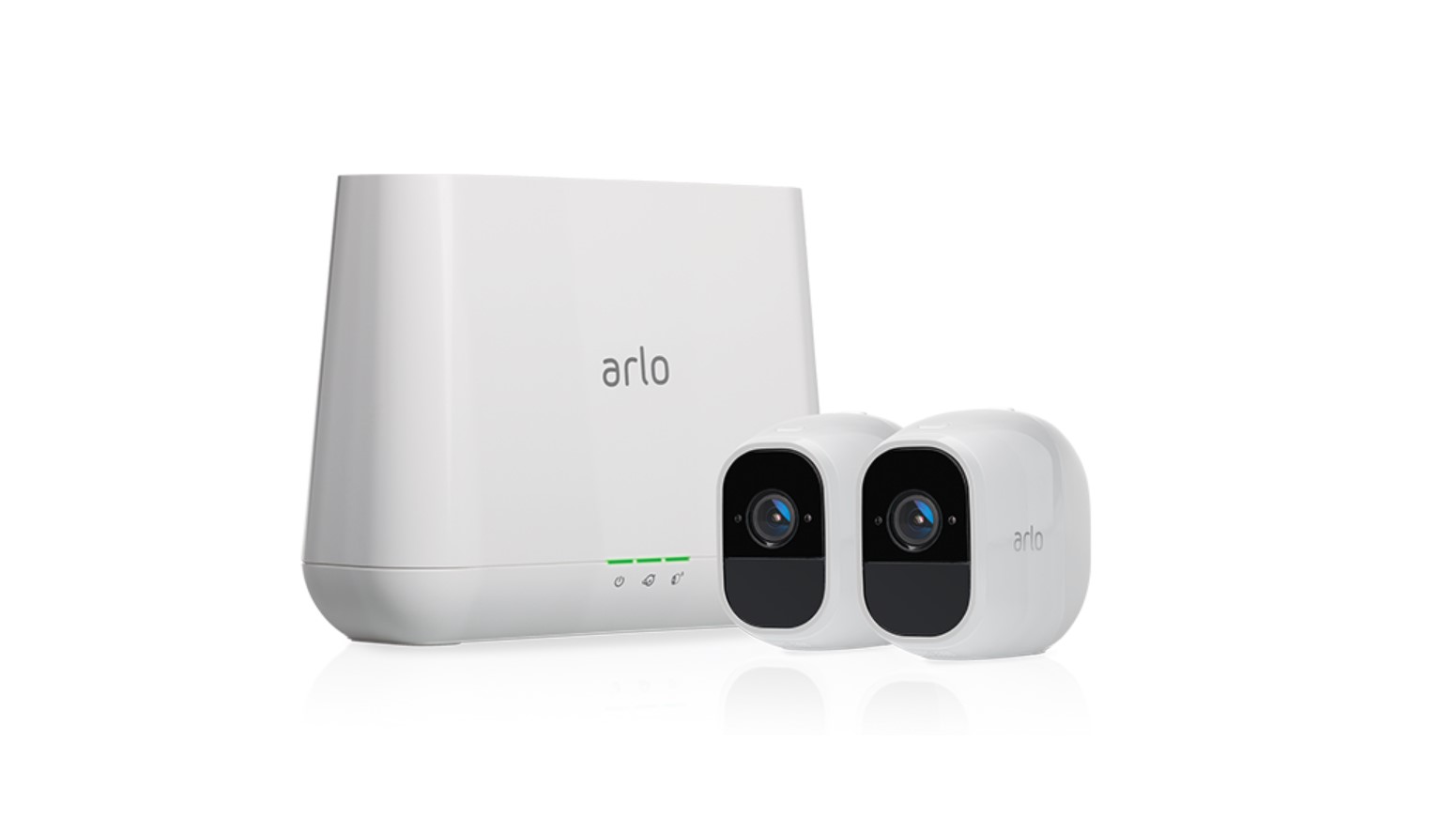
Specifications
Reasons to buy
Reasons to avoid
The Arlo Pro 2 offers all the excellent app features that the 4K Ultra gives you, only for a far more affordable price. You still get full 1080p quality which is enough to identify individuals clearly in the day and still enjoy pretty decent night time footage.
Since this camera is cloud based you'll be pleased to hear it comes with seven days of free storage, for free, for life. Yup, that means anything that happened within the last seven days is stored there for you to scroll back and view. This makes the camera stand out against rivals like Nest where a subscription is needed for such a privilege. Activity zones are a nice touch but you will need the camera in mains power mode to take advantage of this feature.
- Read our full Arlo Pro 2 review
The best wireless security camera for smart homes
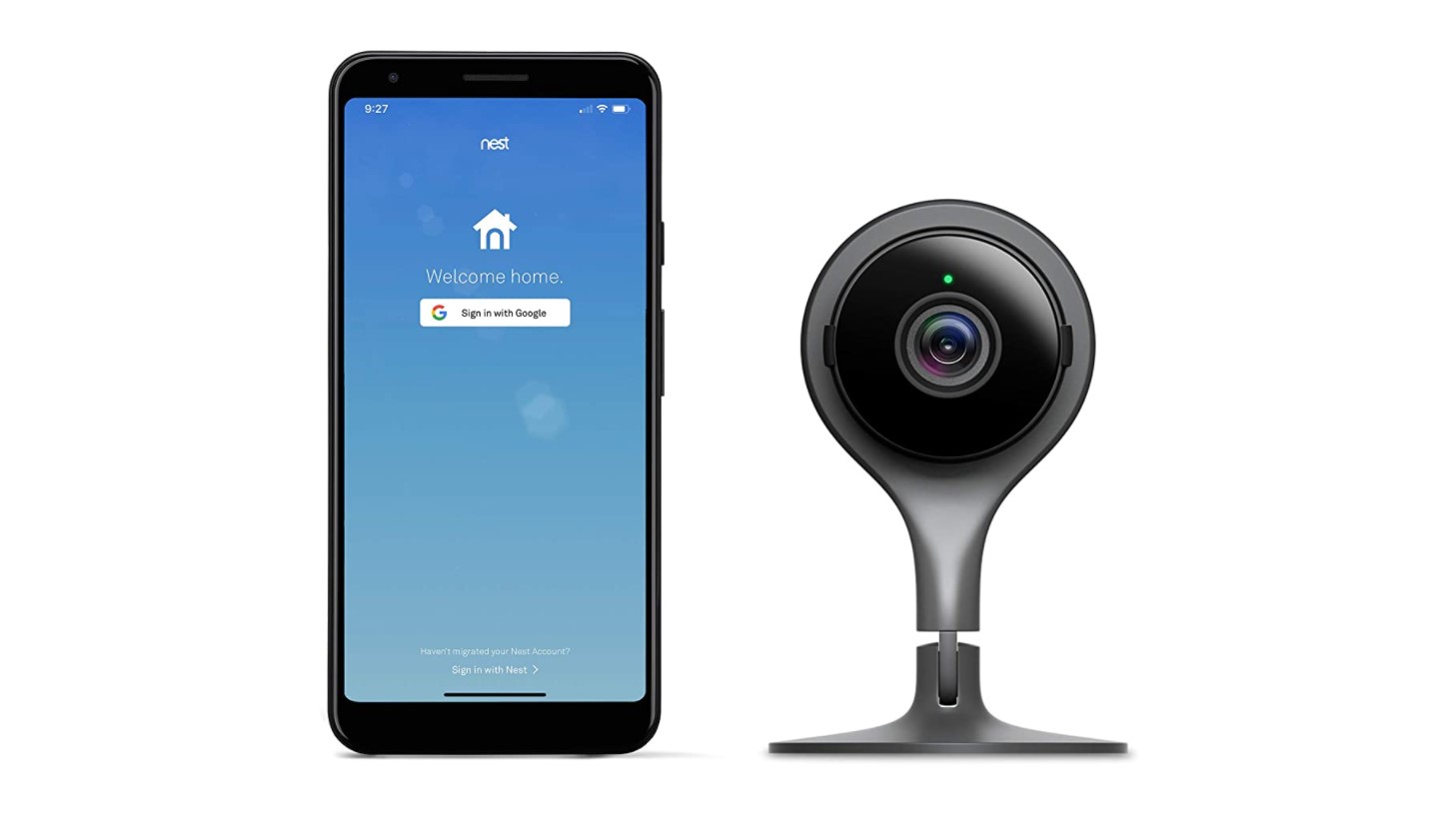
Specifications
Reasons to buy
Reasons to avoid
The Nest Cam Indoor is the smart home camera that started it all and still offers one of the best experiences thanks to updates and that superb build quality.
The Nest works really well both in daylight and in night conditions thanks to its infrared lights for night-vision. Another great Nest positive is its ability to play nicely with other smart home gadgets which makes it superbly versatile. Location detection allows you to let this turn itself on and off as you come and go automatically and when linked with things like Nest home heating, that can be activated using the app too.
- Read our full Nest Cam Indoor review
The best wireless security camera for video quality
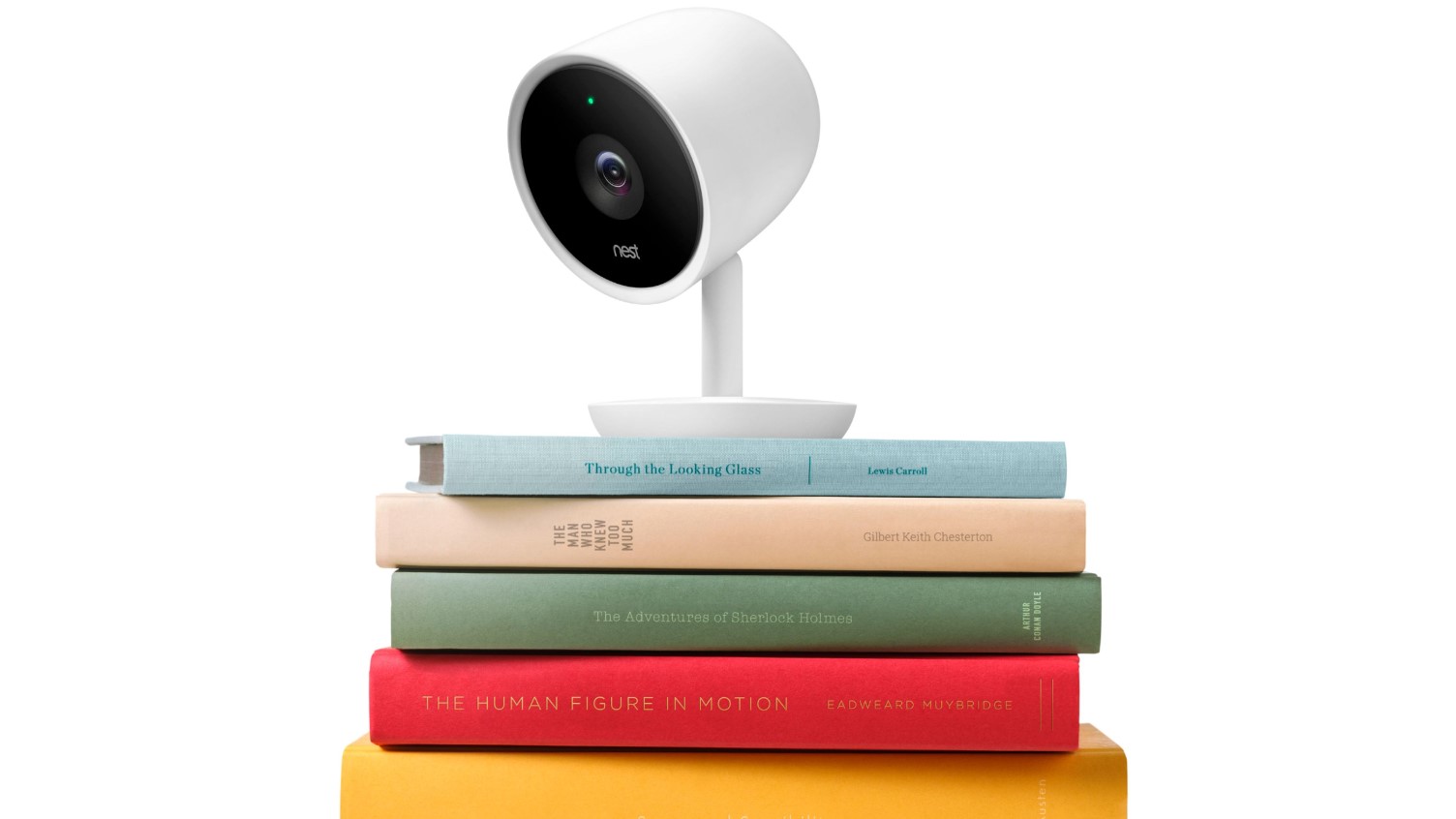
Specifications
Reasons to buy
Reasons to avoid
The Nest Cam IQ Indoor is the best indoor-only model we’ve tested when it comes to video quality. The footage itself is super clear and that applies to both day and night time scenarios. On top of that you also get top quality motion detection meaning you only get alerted when it's important, so you don't get pestered via the app.
Nest Aware, is the cloud storage option that will cost you extra. This gives you 24/7 video recording, meaning you can catch anything bad that's happened, like an intruder, to use later as evidence. Without paying for this service the camera isn't quite so useful. That said this model does offer facial recognition over the standard model, but you do pay a premium for that.
- Read our full Nest Cam IQ Indoor review
The most flexible wireless security camera
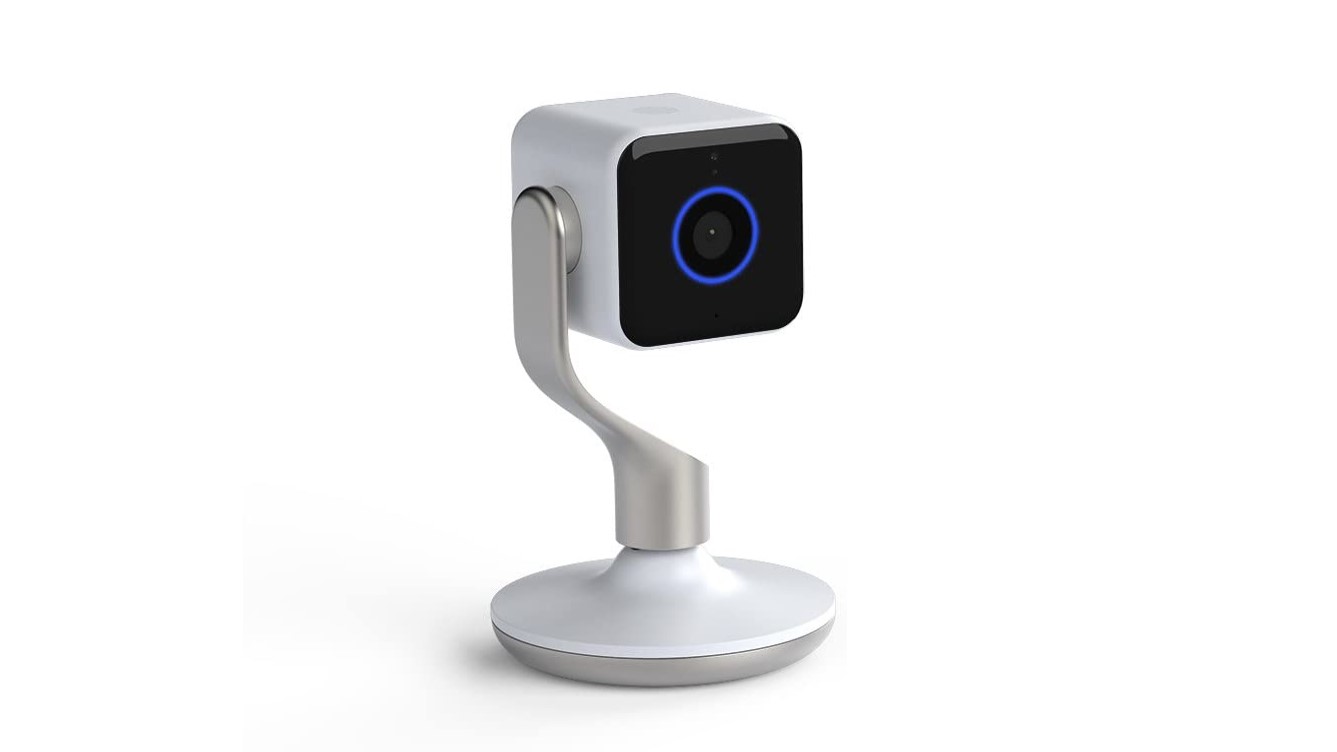
Specifications
Reasons to buy
Reasons to avoid
This is another camera on the list that features basic free cloud storage, a huge positive. That is combined with a battery-operated mode, making is safer from intruder tampering. For more cloud storage you'll need to pay out but there are lots of options to suit every budget.
You get activity zones and motion detection as standard which can be used to make sure your alerts are kept to a minimum – key for long term use of the camera. The Nest Cam does this a little better but with higher monthly costs.
- Read our full Hive View review
The best budget wireless security camera
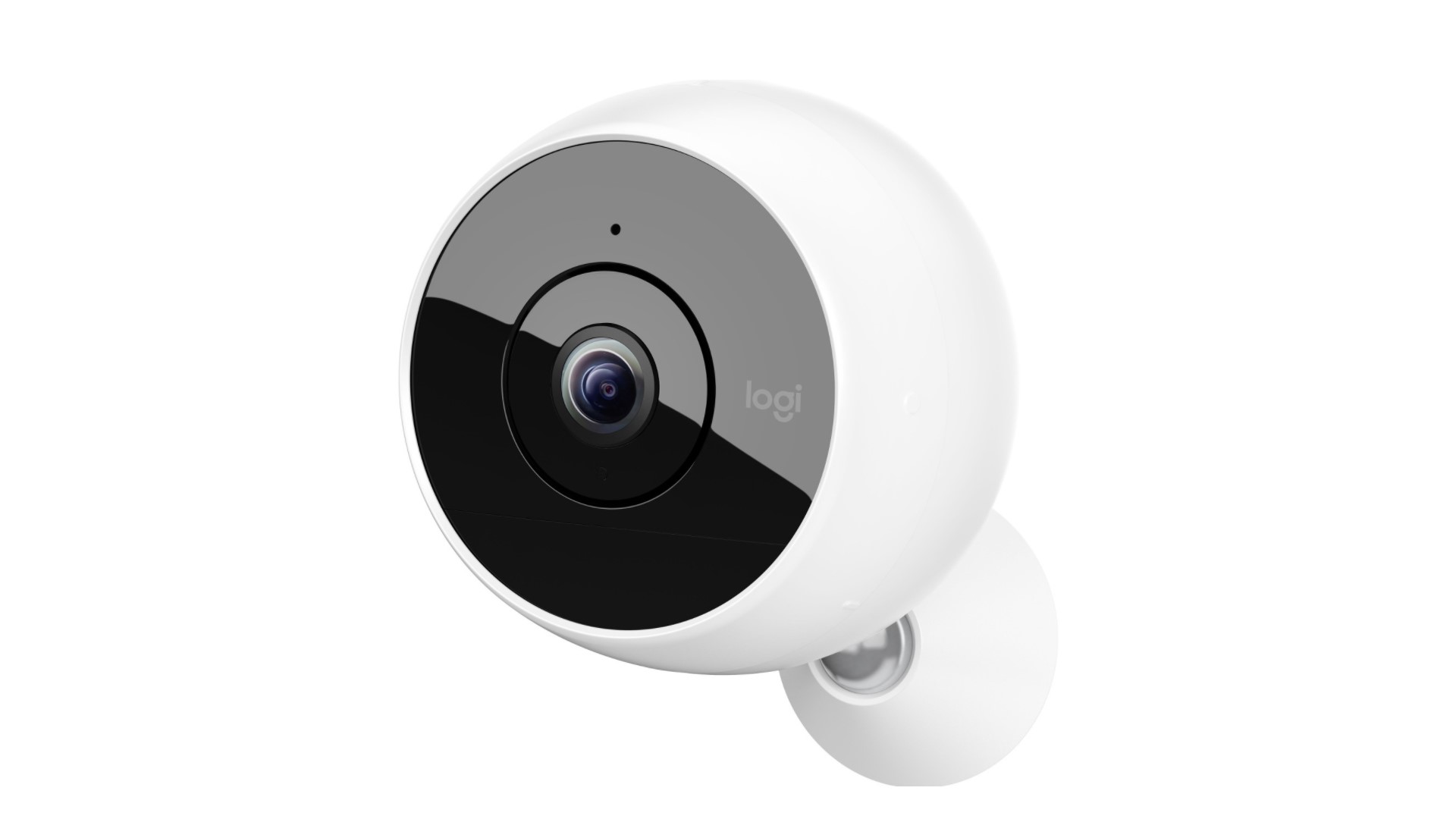
Specifications
Reasons to buy
Reasons to avoid
The Logitech Circle 2 offers the advantage of being a totally wireless camera without the need for a base station, meaning easy setup and space saving. You also get free cloud storage which works with smart alerts in order to keep alerts to a minimum. All that uses decent quality video which offers a clear picture of the screen for both day and night scenarios.
Motion zones are an option but they require you to pay for the subscription service, which also gets you an upgraded chunk of cloud storage space. While there are better quality cameras out there, the Circle 2 manages to offer most of the best features with decent quality all at a price which undercuts the competition nicely.
- Read our full Logitech Circle 2 review
The best 4K wireless security camera
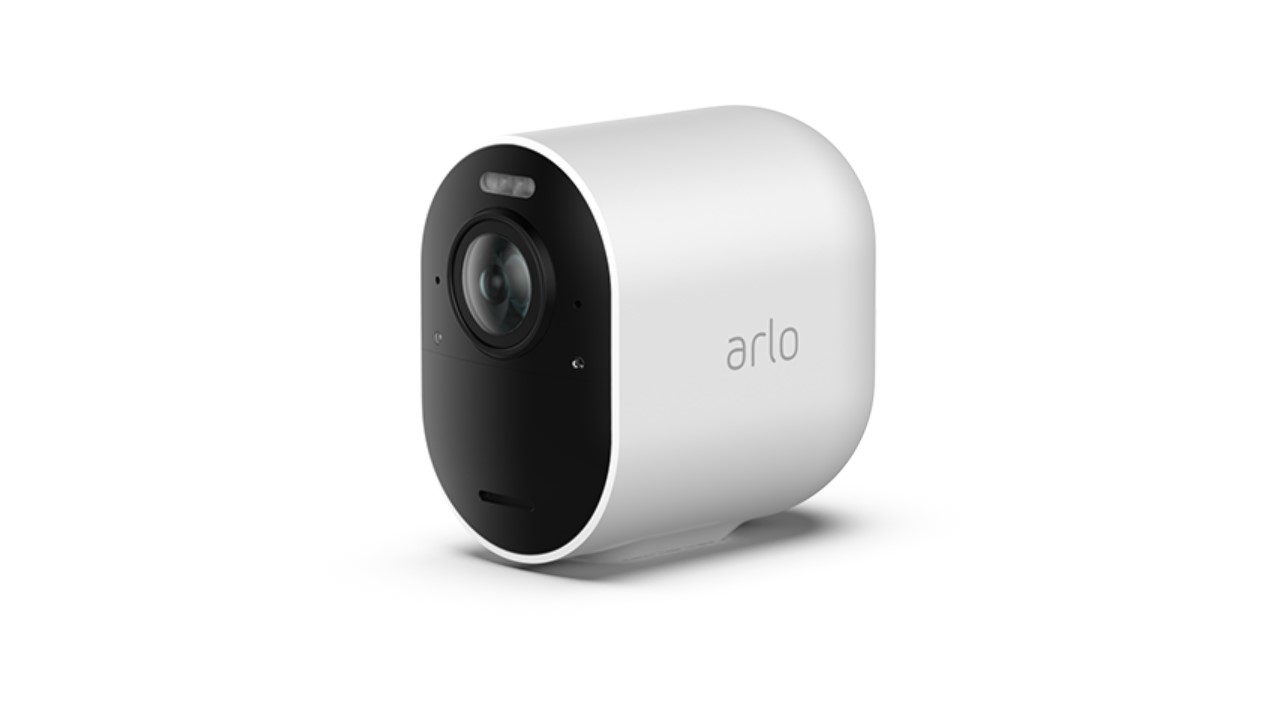
Specifications
Reasons to buy
Reasons to avoid
The Arlo Ultra is a fully fledged 4K camera that offers stunning quality video footage both during the day and at night. This is a great option for those that want enough quality at night to actually faces of people in shot. You will need to either store that video locally using microSD or pay for a cloud option.
While the cloud activity zones are useful for fewer notifications, positioning the camera carefully is the only way to preserve battery life.
- Read our full Arlo Ultra review
The best hassle-free wireless security camera
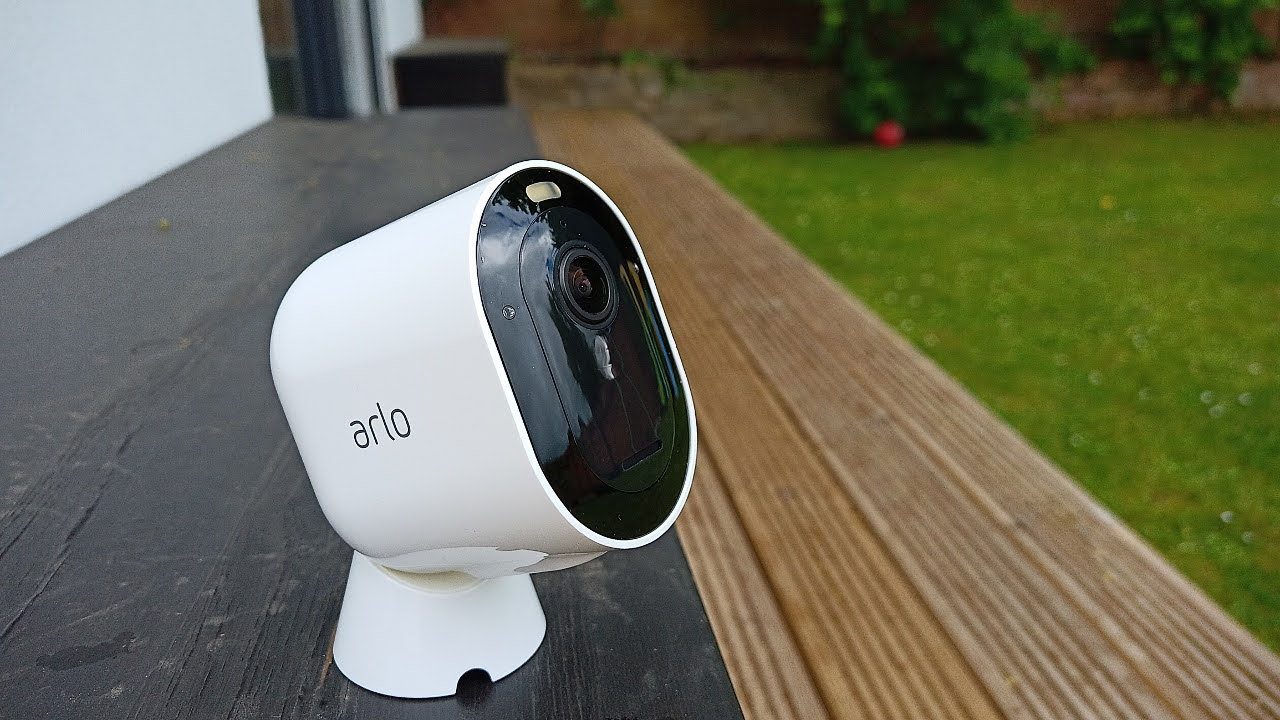
Reasons to buy
Reasons to avoid
Arlo is fast becoming one of the big names in home security cameras and its fourth generation model of the Pro is justifying that position. The Arlo Pro 4 is battery powered and super easy to install, making it a great choice for anyone that wants minimal hassle. It's also possible to detach easily using the magnetic mount should you want to move this about – doubling as a baby monitor when you're on the move, for example.
In security mode this offers an impressive 2K quality video feed, loud siren and bright light as just some of the many features that can be controlled in the powerful app. You will need to subscribe for cloud storage to get the most out of this model and with the camera being quite expensive, that's worth thinking about before you buy.
- Read our full Arlo Pro 4 review
The best 4G LTE wireless security camera
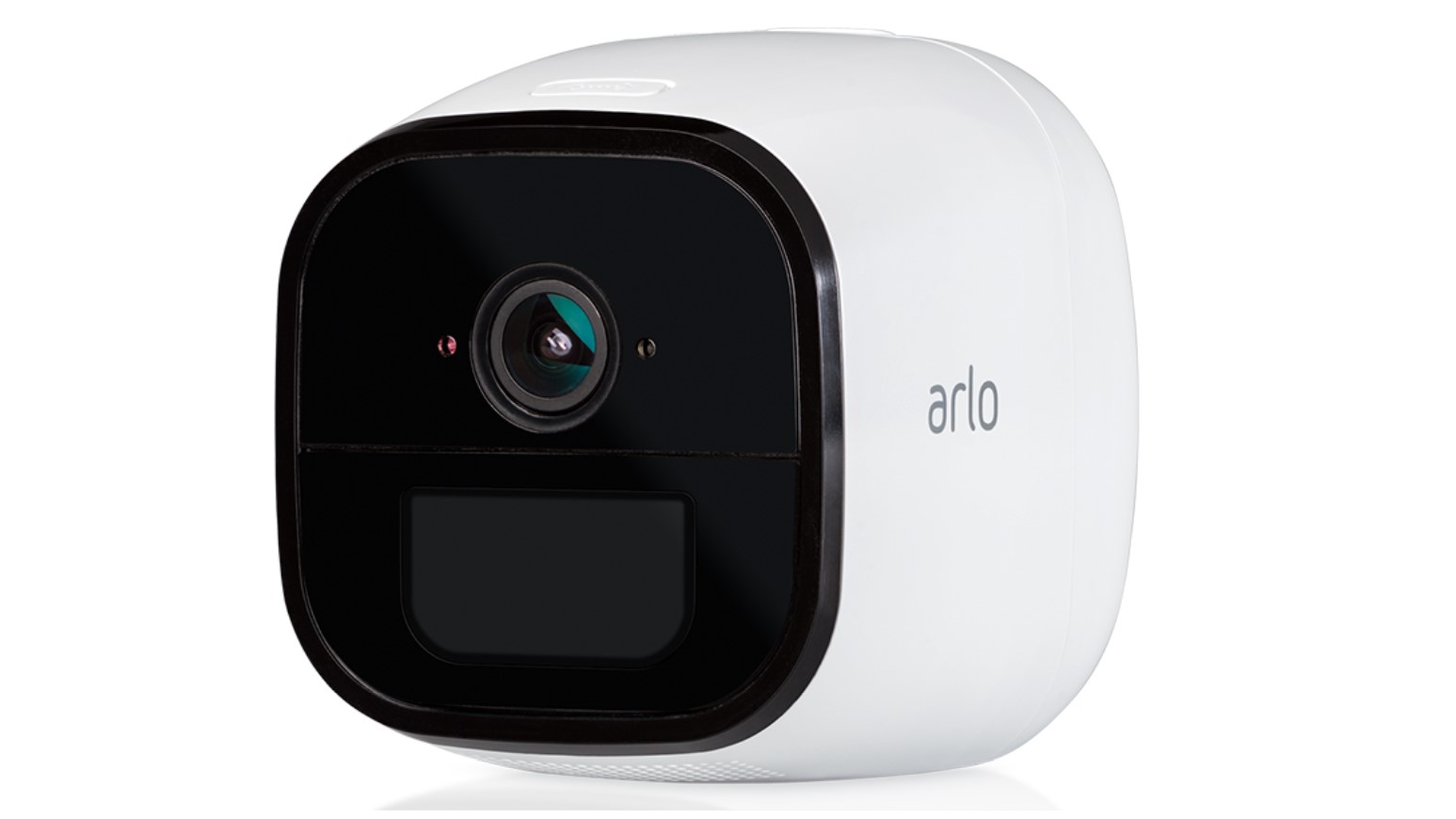
Specifications
Reasons to buy
Reasons to avoid
The Arlo Go is the most mobile unit making it ideal for those who camp regularly, or have a motorhome or boat, or even an outbuilding away from internet coverage. This is thanks to its onboard SIM that offers 4G LTE connectivity wherever there's signal. That cost includes seven days of free cloud storage but remember this will still cost you on data used. You will also need to pay for a subscription service to get full use of activity zones and cut down on alerts and battery wastage.
The 720p resolution is looking a bit old now but it's still enough to do the job in most situations, both day and night. While you can record to SD, without an LTE connection the camera won't work fully which isn't ideal as you're recording blind.
- Read our full Arlo Go review
How to choose the best wireless security camera for you
The best wireless indoor security cameras have a number of features to look out for. First up is the video quality captured, with most now recording in Full HD 1080p. Some models now record in 4K and in High Dynamic Range (HDR), delivering even better clarity, especially in high contrast lighting. While the quality can be great, remember you’ll need a decent internet speed to cope with the large data transfer, so that’s something to bear in mind.
It’s not just daylight recording you need to think about, the quality of night-time footage is just as important too. WiFi security cameras use infrared LEDs instead of visible light, so they don't match the color or detail of daytime videos. The coverage is also reduced, but this does vary from camera to camera, with some only having a range of just 15ft, and others 30ft and beyond.
Coverage is also an important consideration. You want to see what’s going on in the whole room ideally, so you’ll want an indoor home security camera with a wide field of view. At around 160 degrees, you can expect to see every part of the room in front of the camera, though some cameras go even wider at 180 degrees. They work best if you mounted high in a corner that overlooks the room.
A wide field of view means digital zoom is important. This allows you to select part of the video and enlarge it, helping you get a closer look at something. Bear in mind that the quality of a digitally enlarged video won't be as sharp or detailed as the original.
Motion sensors
While you can easily live stream, you don’t want to be glued to your smartphone screen waiting for something to happen at home. That’s why the best wireless indoor security cameras feature motion sensors that detect both movement and sound, alerting you via a notification sent directly to your phone, as well as email. To avoid a load of unnecessary alerts, more advanced security cameras can recognize faces and pets as well, so it won’t pester you when your kids are home, but will when a stranger is lurking.
Many indoor security cameras not only feature built-in microphones, so you can hear as well as see what’s going on at home, but also speakers. This means you can communicate with whatever’s going in your house, whether that’s to tell the kids to stop jumping on the sofa or to ward off a burglar.
Local or cloud storage?
You’ll find that most home security cameras offer a solely cloud-based storage solution, which sees footage automatically sent, stored and backed up at a secure remote location. For security, your files are encrypted so only you have access to them when needed. There are models out there that can either record or backup footage onto a MicroSD card as well.
Buying Guides
Best cameras: DSLRs, mirrorless, and compacts for taking that perfect snap
Best mirrorless cameras: modernize your set-up and shoot silently
Best DSLR cameras: Digital SLR cameras for all skill levels
Reviews
Arlo Essential Indoor Camera review
Arlo Pro 4 Spotlight Camera review
Cameras with local storage let you access your video without subscription fees, though you might need extra memory cards or to write over older footage if you plan to keep your camera recording at all times.
Cloud storage is all about convenience compared local storage, but the trade-off is that there are often subscription fees. You typically don't need a subscription to view a live feed, while some will offer a free amount of storage over a specific period before you have to start paying for the privilege.
An important advantage of cloud storage is that any footage captured is safe and secure, whereas should a burglar break in and take out the memory card, you’ve got no evidence.
Battery or mains power?
Home security cameras will be mains powered, but for extra piece of mind, some also feature a battery power backup as power outages can and do happen. Some savvy burglars even cut the power, leaving your camera out of action if it doesn’t support a battery. That means you’ll have no video evidence of the break-in, so this can be a handy feature to look for.
Smart home integration
As well as creating a multi-camera setup by adding additional cameras, some systems even allow you to integrate them with other smart home gadgets. If you want to do this, check if any home automation or DIY home security systems work with the camera you’re thinking about buying.
These systems can use WiFi security cameras to control smart locks, thermostats and other devices in your smart home. These devices can also tell the camera to record or not, based on your personal preferences. The biggest appeal of6 u9 these systems comes from using a single app to control all of your smart home devices.
Sign up to receive the latest news, reviews, buying guides and deals direct to your inbox
David has been working in technology journalism since 1998 and has been editor of Computer Shopper and Expert Reviews in the past, before he started writing for the Top Ten Reviews brand. He is also an expert on home appliances, kitchen gadgets, home security and smart home products, which he reviews for Top Ten Reviews.
